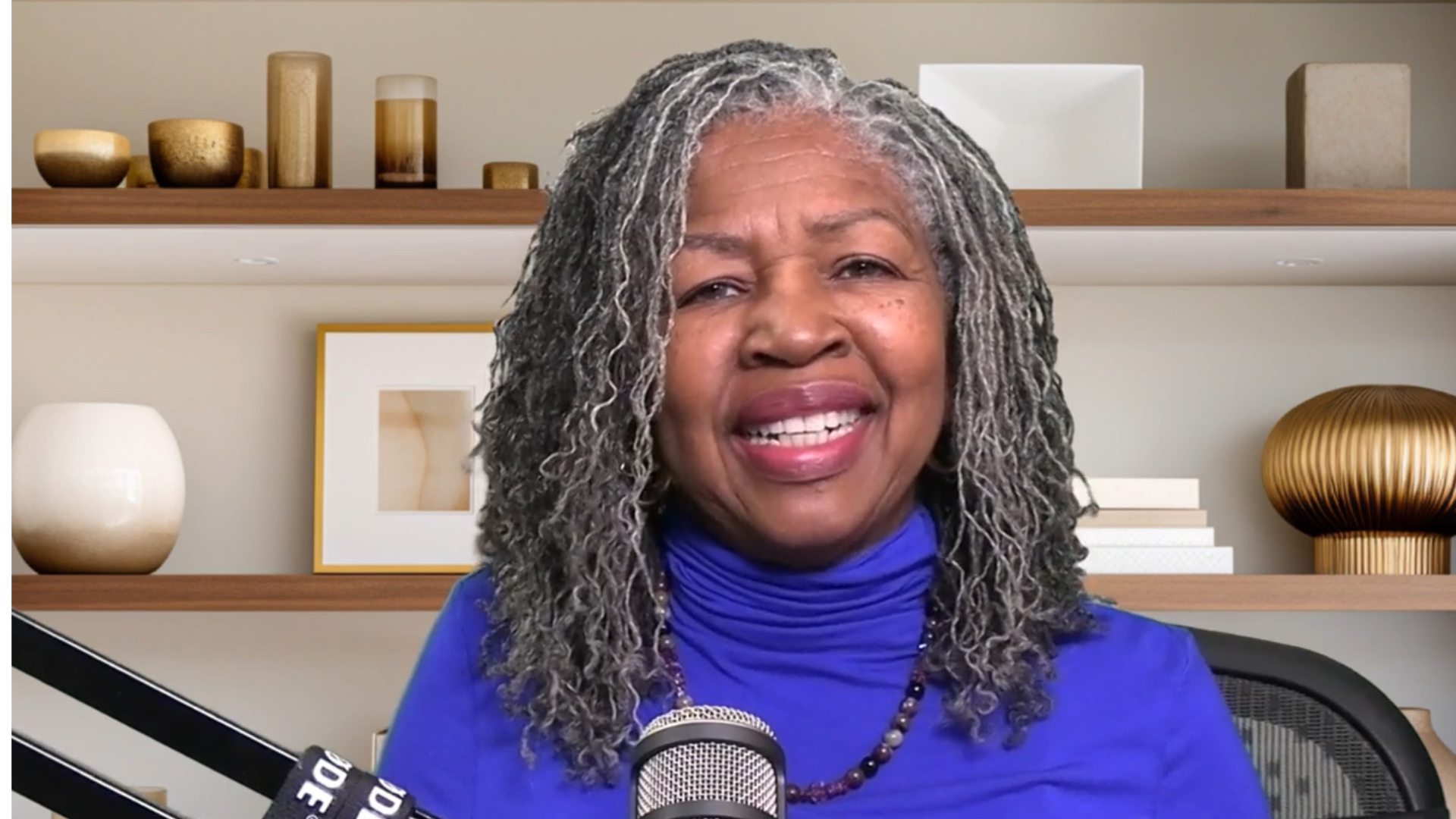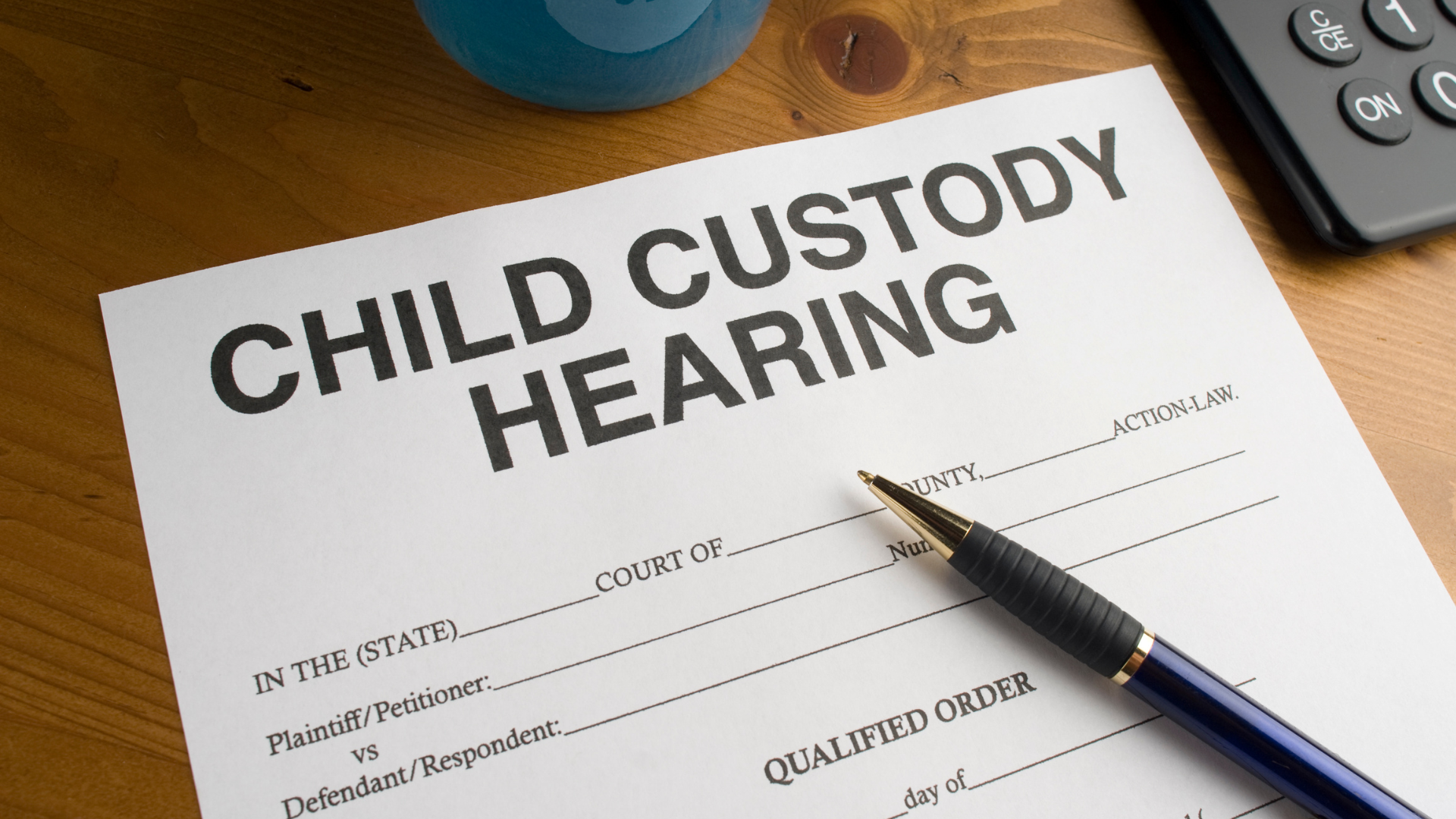Why Judges Order Supervised Visitation
Imagine being told you can only see your child under the watchful eye of a supervisor. For many parents, this reality is both heartbreaking and confusing. But supervised visitation isn’t about punishment—it’s about protection. In child custody cases, judges often face difficult decisions to ensure the child’s safety and well-being. One of those decisions is ordering supervised visitation. But what leads to this outcome?
From concerns about abuse or neglect to risks of parental alienation or dangerous parenting choices, there are many reasons a judge might require supervision. In this blog, we’ll explore eight common reasons behind this legal arrangement. Whether you’re navigating a custody case or simply curious about the process, understanding these factors can shed light on how the courts prioritize a child’s best interests.
Let’s jump in and uncover why supervised visitation is sometimes the best solution for families in challenging situations.
1. Abuse, Neglect, Substance Abuse, Domestic Violence
First and foremost, a judge may order supervised visitation if there are concerns about the child’s safety. For instance, if a parent has a history of abuse, neglect, or violence, the court will prioritize protecting the child. Additionally, if a parent struggles with substance abuse, supervision ensures the child is not exposed to harmful behaviors.
☞ A Parent's Story: Overcoming Fear for the Sake of a Child
When Sarah first left her abusive relationship, her primary concern was protecting her 6-year-old daughter, Emma. During their marriage, Sarah’s ex-husband had been emotionally volatile and, at times, physically aggressive. Though he had never directly harmed Emma, Sarah feared the toxic environment would leave lasting scars. When the court granted her ex visitation rights, she was terrified. However, the judge ordered supervised visits to ensure Emma’s safety.
At first, Sarah felt a mix of relief and anxiety. Relief because she knew Emma would be protected, but anxiety because she still worried about her ex’s influence. Over time, though, the supervised visits allowed Emma to maintain a relationship with her father in a controlled, safe setting. Sarah realized this arrangement wasn’t just about protecting her daughter—it was also about giving her ex the opportunity to change.
While the journey hasn’t been easy, Sarah now sees supervised visitation as a necessary step toward healing. For her, it’s a reminder that even in the darkest situations, the court’s priority is always the child’s well-being.
2. Parental Alienation or Manipulation
Another reason is parental alienation, where one parent tries to turn the child against the other. This behavior can be incredibly damaging to the child’s emotional health. Consequently, a judge might require supervision to prevent manipulation and foster a healthier relationship between the child and the alienated parent.
☞ A Parent's Struggle With Alienation
When Mark and Lisa divorced, their 9-year-old son, Jake, became more than just their child—he became a weapon in a war he never asked to fight. Lisa, consumed by bitterness, didn’t just make offhand remarks. She launched a campaign of manipulation, filling Jake’s mind with venomous lies about his father.
Your dad left because he doesn’t love you.
He only wants to see you when it’s convenient for him
If he really cared, he’d fight harder to keep you.
At first, Jake resisted. He loved his dad. But the seeds of doubt, planted in his young mind, began to take root. Lisa controlled what he heard, what he believed, and eventually, how he felt. When Mark called, Jake refused to answer. When visits were scheduled, Jake begged not to go. The father he once adored became, in his eyes, a stranger—an enemy.
Mark watched in agony as his son slipped further away. By the time he stood before a judge, he was no longer just fighting for custody. He was fighting to reclaim his place in his son’s heart. The court, recognizing the devastating effects of Lisa’s manipulation, intervened. Supervised visitation was ordered to shield Jake from further emotional poisoning.
3. Mental Health or Behavioral Issues
If a parent has untreated mental health issues or exhibits unstable behavior, the court may mandate supervision. This ensures the child is not placed in unpredictable or potentially harmful situations. Moreover, it allows the parent to work on their issues while maintaining a relationship with their child.
☞ When a Parent's Mind Become the Battle Ground
Sarah had always struggled with her mental health, but after her divorce, her condition spiraled. Some days, she was full of energy, making promises to take her son, Ethan, on adventures. Other days, she disappeared—ignoring calls, missing visits, and retreating into a world of her own. Ethan, only six, couldn’t understand why his mother was there one moment and gone the next.
The court had no choice but to intervene. Sarah’s erratic behavior raised serious concerns about her ability to care for Ethan alone. A judge ordered supervised visitation, ensuring that Ethan would not be placed in a dangerous or unstable situation. But even with the structure of supervision, Sarah’s struggles continued. She frequently canceled at the last minute, arrived late, or failed to show up at all.
Mental illness alone doesn’t make someone an unfit parent. But when it leads to neglect, instability, or an inability to care for a child’s emotional needs, the court must step in. Supervised visitation may not always mend the relationship, but it does serve a critical purpose: ensuring the child is safe, both physically and emotionally, even when a parent cannot be.
4. Dangerous Parenting Choices
A parent who frequently exposes their child to unsafe situations may face restrictions. Examples include driving without a car seat, leaving a child unsupervised, or exposing them to dangerous individuals. Supervised visitation helps prevent further harm.
☞ When Parenting Choices Put a Child At Risk
When Jenna picked up her 5-year-old son, Max, from his father’s house, she noticed something alarming—Max wasn’t in a car seat. When she confronted her ex, Mike, he brushed it off, saying, “He’s fine; I’m a careful driver.” But this wasn’t the first time Mike had made questionable choices. He’d also left Max alone in the house while running errands and let him play near a busy street unsupervised.
Jenna knew she had to act. She brought her concerns to the court, and the judge agreed that Max’s safety was at risk. Supervised visitation was ordered to ensure Mike’s parenting choices didn’t put Max in harm’s way.
At first, Mike was defensive. He felt like he was being treated like a child. But over time, he began to see the value of the supervision. It gave him a chance to learn better parenting habits while keeping Max safe.

5. Risk of Abduction
In rare cases, a judge may suspect that a parent could attempt to abduct the child or flee the jurisdiction. To prevent this, supervised visitation is ordered. This measure provides peace of mind for the custodial parent and ensures the child’s safety.
☞ Preventing a Parent's Worst Nightmare
When Sophia filed for divorce, she never imagined her ex-husband, Carlos, would threaten to take their 4-year-old daughter, Isabella, and leave the country. But during a heated argument, he made it clear he was capable of doing just that. Terrified, Sophia brought her concerns to the court.
The judge took the threat seriously and ordered supervised visitation. This decision wasn’t made lightly, but it was necessary to ensure Isabella’s safety. During the visits, Carlos was closely monitored, and Sophia could breathe easier knowing her daughter was protected.
This story highlights how supervised visitation can prevent unthinkable actions like abduction. For Sophia, it was a reminder that the court’s priority is always the child’s safety.
6. New or Reunited Relationships
When a parent reintroduces a new partner or reconnects with a previously estranged family member, the court may require supervision. This is especially true if there are concerns about the new individual’s influence on the child.
☞ Rebuilding a Broken Bond
When David returned after being absent for five years, his 8-year-old daughter, Mia, barely recognized him. His absence wasn’t by choice—he had been deployed overseas—but the distance had taken its toll. Mia was hesitant, even fearful, around him. The court recognized the need for a gradual reintroduction and ordered supervised visitation.
At first, their meetings were awkward. Mia clung to the visitation supervisor, unsure of how to interact with the man she barely remembered. But over time, David’s consistent presence and patience began to break down the walls. They played games, shared stories, and slowly, Mia started to trust him again.
Supervised visitation gave David the chance to rebuild what was lost. For Mia, it provided a safe space to reconnect with her father without feeling overwhelmed. Sometimes, love needs a little structure to grow again.
7. Compliance with Court Orders
Finally, if a parent has a history of violating court orders, such as failing to return the child on time, supervised visitation may be enforced. This ensures accountability and reinforces the importance of following legal guidelines.
☞ Holding Parents Accountable
Tom had a habit of bending the rules. He’d show up late for pickups, forget to bring essentials for his 6-year-old daughter, Lily, and even missed a few visits altogether. When his ex-wife, Rachel, brought these issues to the court, the judge decided enough was enough. Supervised visitation was ordered to ensure Tom followed the rules.
At first, Tom was embarrassed. He didn’t like having someone watch his every move. But the supervision forced him to take his responsibilities seriously. Over time, he became more reliable, and Lily began to look forward to their visits.
This story demonstrates how supervised visitation can hold parents accountable. Sometimes, a little oversight is all it takes to turn things around.
Closing Thoughts
Supervised visitation is not a punishment but a protective measure. It ensures the child’s safety, emotional well-being, and best interests are prioritized. While it may feel restrictive, it often serves as a stepping stone toward healthier relationships. If you’re facing a custody case, understanding these reasons can help you navigate the process with clarity and confidence.
What are your thoughts on supervised visitation? Have you or someone you know experienced this arrangement? Share your story in the comments below!
Frequently Asked Questions (FAQs)
1. How long does supervised visitation last?
2. Can supervised visitation be ordered even if there is no history of abuse?
3. Where do supervised visitations take place?
4. Can a parent regain unsupervised visitation rights?
5. What happens if a parent violates supervised visitation rules?

About Esther
Esther C. Moore is a family law attorney with over 27 years of experience, including high-conflict child custody and divorce cases. As the CEO of All Rise Solutions, LLC, Esther provides coaching, online courses, and resources to help individuals navigate the legal system when dealing with complex family law matters, including high-conflict co-parenting coaching. Esther is committed to empowering individuals with the knowledge and tools they need to protect their rights.






